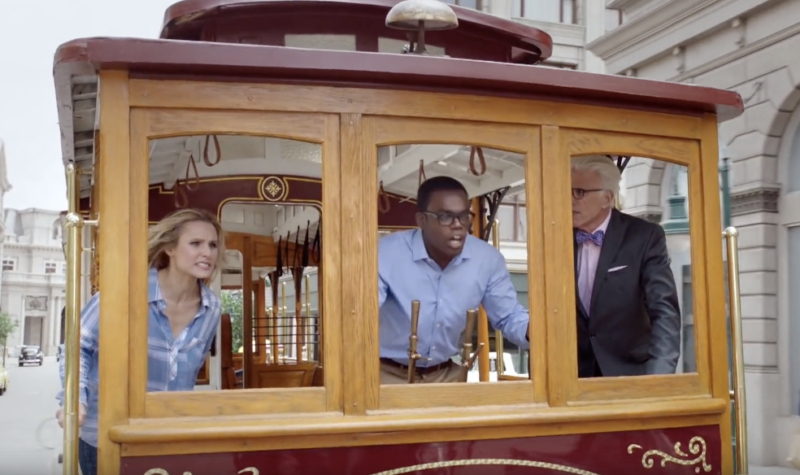When it comes to moral decisions, testosterone doesn’t seem to do much

Enlarge / The trolley problem brought to (after) life. (credit: NBC)
The Trolley Problem is a staple of ethics courses and has even made its way into prime-time television. It's a "problem" because it forces people to decide between two options that are both considered highly ethical: not choosing to kill someone and minimizing the total number of deaths. It even has real-world correlates, like whether it's better to shoot down a hijacked airliner filled with innocents or allow it to be used as a weapon that kills even more people.
Some of us would like to think that we'd be able to step back and evaluate the situation dispassionately, but the reality is that our emotions often drive important decisions (and besides, as the clip from The Good Place linked above shows, there isn't always time for careful evaluation). Since testosterone influences both emotions and decision-making, many people had ideas about how it might alter the decisions made by people weighing these moral issues. But when a team of researchers from the University of Texas, Austin, decided to test those ideas, it turned out none of them was right.
That doesn't mean testosterone does nothing, but it certainly indicates we don't understand what it might do.
Read 9 remaining paragraphs | Comments